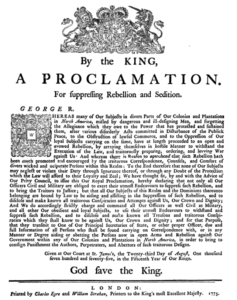Good morning, Whitewater.
Friday in town will be partly cloudy with a high of seventy-nine. Sunrise is 6:14 AM and sunset is 7:37 PM for 13h 23m 19s of daytime. The moon is a waning crescent with 35.2% of its visible disk illuminated.
When Olympian Katie Ledecky threw out the first pitch at a Nationals game, Bryce Harper stood nearby holding all her many Olympic medals:
On 8.26.1939, an experimental first:
On this day in 1939, television station W2XBS in New York City broadcasts a doubleheader between the Brooklyn Dodgers and the Cincinnati Reds from Ebbets Field in Brooklyn. The game, filmed with two cameras, was the first Major League Baseball game ever aired on television.
W2XBS in Manhattan, a trailblazing television station owned by NBC, was the first to broadcast not just baseball, but college and professional football in 1939 and hockey and basketball in 1940. The station’s first foray into baseball broadcasting came in May 1939 when it aired a game between Columbia and Princeton universities from Baker Field in upper Manhattan–using just one camera that was essentially unable to follow the game as well as the naked eye. Three months later for the major league game, a second camera was added in order to better follow the action on the field. The first was placed by the visitor’s dugout down the third base line; the second camera was in the stands directly behind home plate. Newspapers reported that the ball could be seen leaving the pitcher’s hand on the way to home plate some of the time, a dramatic improvement over the first broadcast at Columbia.
Red Barber, the long-time radio voice of the Dodgers, also called the game for the broadcast. In the first game, Reds ace pitcher Bucky Walters flummoxed the Dodgers, holding them to just two hits in a 5-2 win. The Dodgers got their revenge in the second game with a 6-1 victory. In that second game, Dodger pitcher Hugh Casey snagged his ninth win with help from first baseman Dolf Camilli, who hit a two-run game-winning home run, his 22nd of the year, in the second inning.
The game was broadcast from New York City’s Empire State Building, completed just eight years earlier, and could be seen in homes up to 50 miles away.
A Google a Day asks a pop culture question: “Near what sea is the actual lighthouse where British inserts were filmed for Fraggle Rock?”

